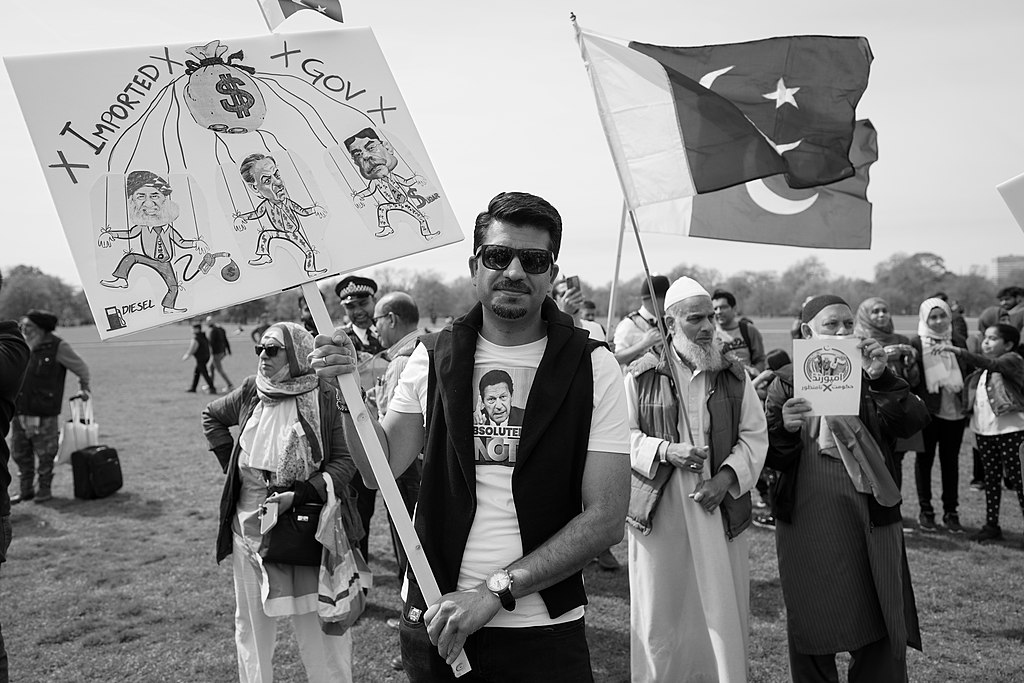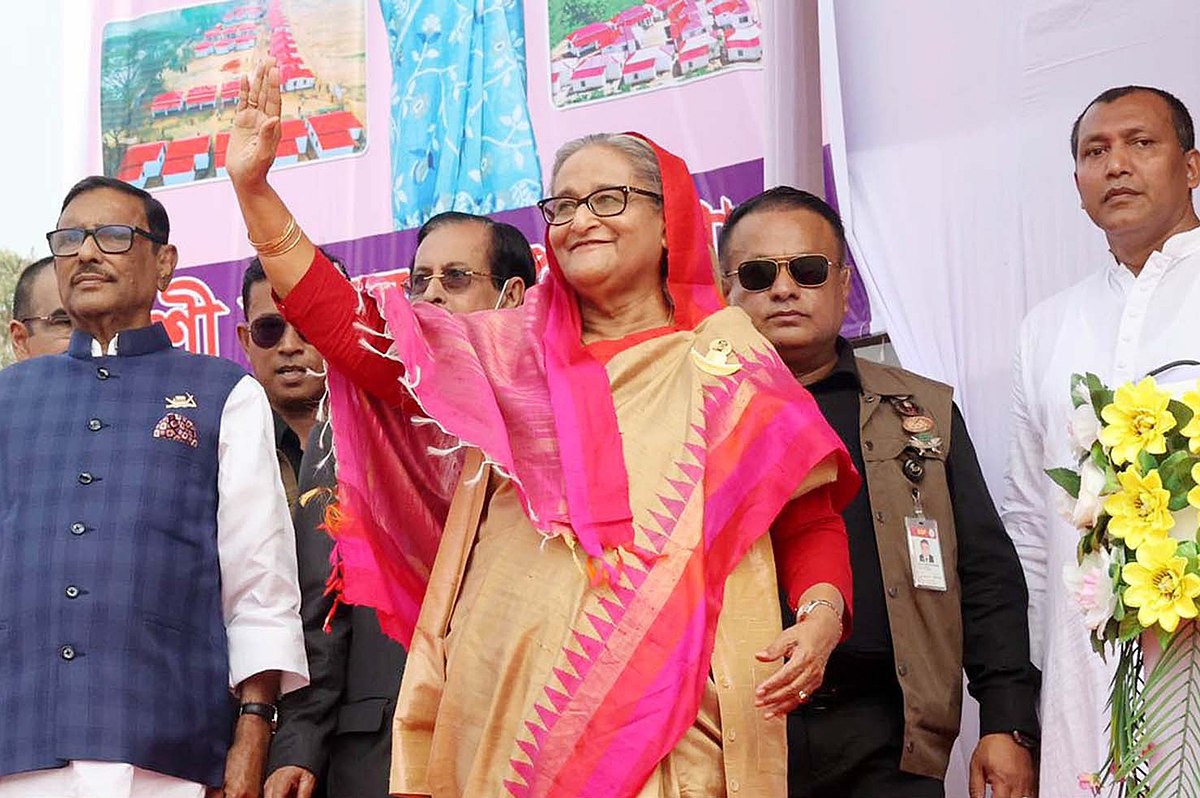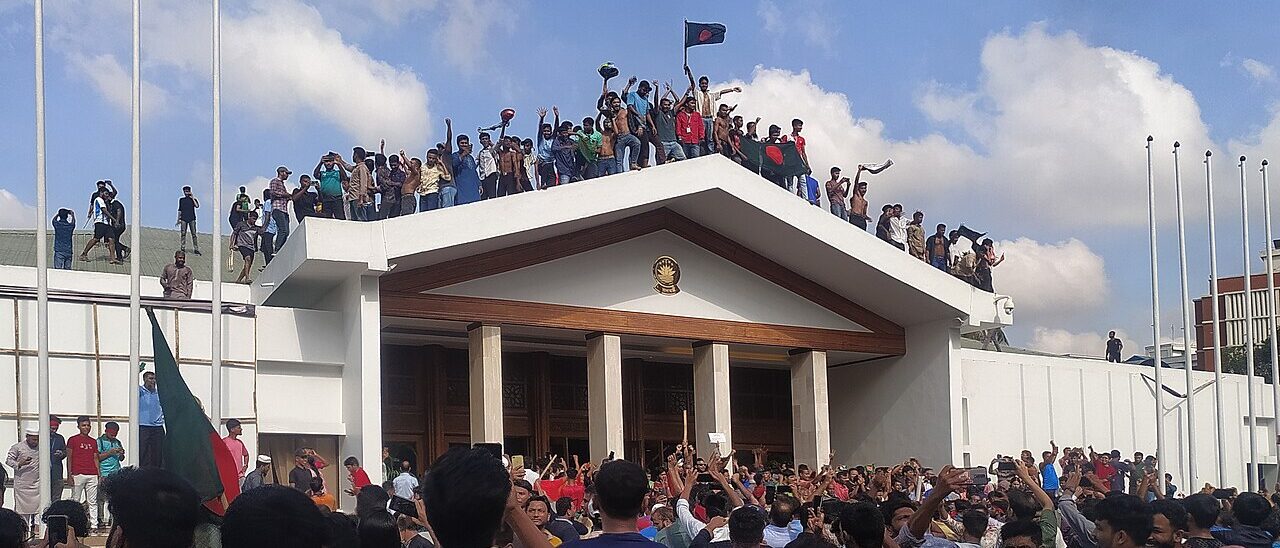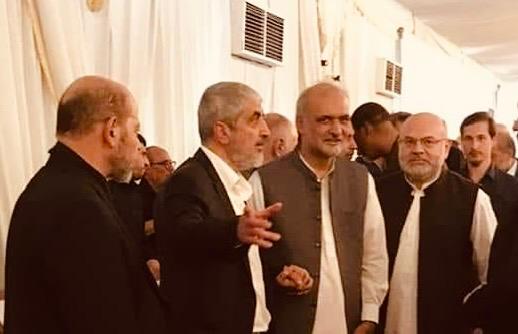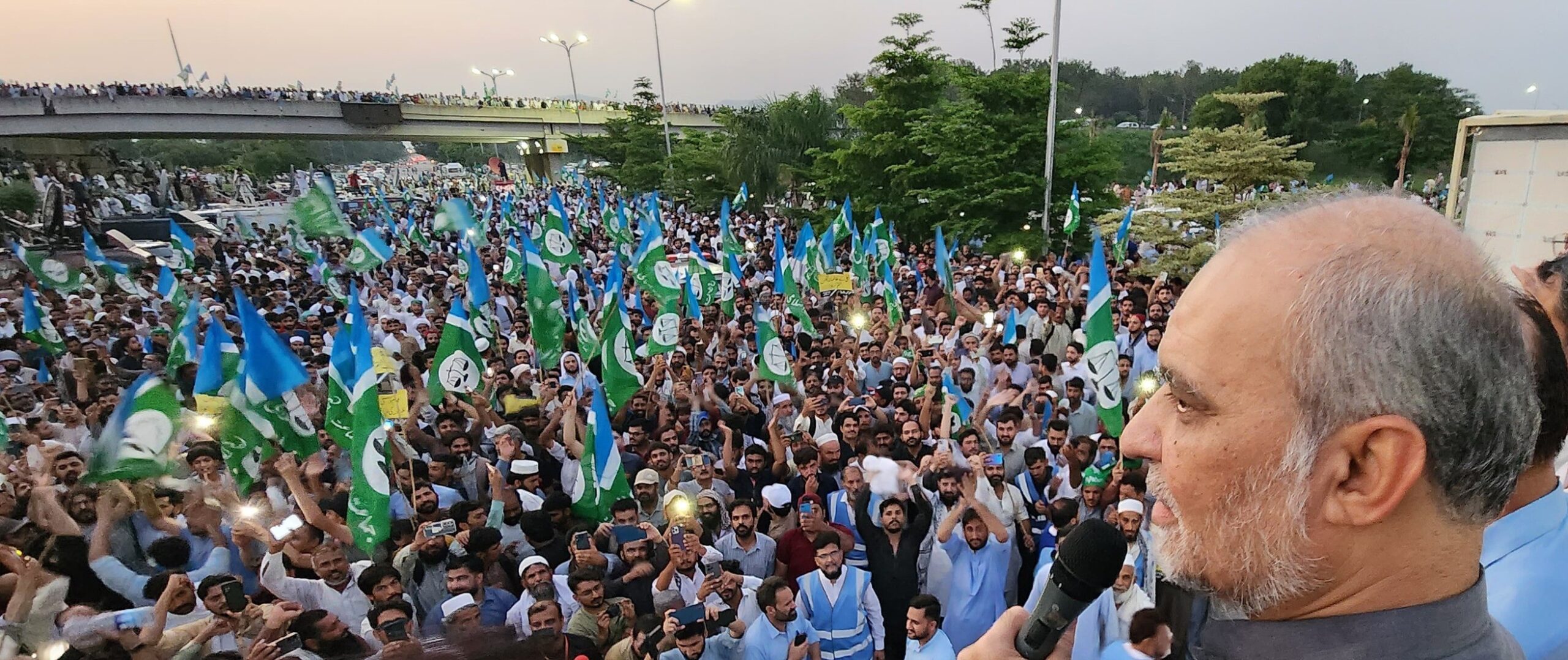By Professor Dr. Anees Ahmed
The internal threats facing Pakistan today include political instability, economic depression, mistrust between the government and the people, loss of respect for government institutions, and even a significant decline in respect for the military, as well as crime, especially in light of increasingly heartbreaking incidents of violence against women and children. This situation is a cause of serious concern for every conscious person.
The mutual accusations of political parties and suspicion of the impartiality of the judiciary on the basis of certain decisions of the judiciary is also a very worrying aspect of national life. As a result of this, even those constitutional institutions, which were looked at with hope and thought that at least justice would be possible from there, are now being subjected to open public criticism.
In these circumstances, the pessimism about the future of the country and the increase in migration of educated, skilled youth out of the country, adds to this concern. The media or any other source of information, everywhere is filled with pessimistic comments. As a result, the society has become a victim of severe polarization and currently lacks mental and intellectual harmony. The divide does not exist only between political groups, but also within households, there seems to be a clear division. Should this unhealthy division continue to grow, it may lead to a very harmful level of conflict, which will ultimately lead to dissent. This would be disastrous for the national alliance.
Finding a ray of hope in the depths of despair requires loyalty to Pakistan, especially the ideology of Pakistan. Pakistan was not established on the world map as a country that got rid of British imperialism, but as a theoretical Islamic state in recent human history. Where Islam was dreamt of as an alternative way of life via implementation of the universal moral, political, economic, social, judicial and administrative principles of Islam. This international role of Pakistan was clear to the founders of Pakistan from day one and there was complete agreement between Quaid-e-Azam Muhammad Ali Jinnah, Quaid-e-Millat Liaquat Ali Khan and Allama Iqbal.
But in the situation that arose as a result of the death of Allama Iqbal 9 years before the establishment of Pakistan and the death of Quaid-e-Azam a year after the establishment of Pakistan, led to the rejection of the aforementioned consensus formed between Iqbal, Quaid-e-Azam and Liaquat Ali Khan. The path and behavior that was adopted proved to be harmful to the integrity and stability of the country. Therefore, the separation of a large part of the country after 24 years of the establishment of Pakistan was a natural result of this deviant behavior. Today, social chaos, political instability, economic chaos, cultural chaos, intellectual disintegration, lack of respect for the judiciary, the army and the administration are presenting an alarming situation. If we consider carefully, the cause of all problems is an ethical crisis at the individual and collective level, which started in the 1950s.
Today, there is a trend of distance from religion and ignorance and obscenity among some sections of the people, self-interest of the business class, negligence of bureaucratic duties and mutual non-cooperation of institutions, even including the day-by-day decline in the prestige of Pakistan’s security forces. If there is a single root cause of other problems, then it is only deviation and distance from the moral principles of Islam.
The development of nations is not just by creating material resources, but by basis of their moral strength. The establishment of the Islamic society and state in Madinah was not the result of any coercion and dictatorial rule or industrial revolution, but rather his (PBUH) moral superiority became the basis of his economic and political success. The last among the Prophets, Hazrat Muhammad (peace and blessings of Allah be upon him) demonstrated his moral qualities of love, mercy, tolerance, forgiveness, and forbearance, through the success of converting hearts that were full of malice and enmity into mercy for each other. He was a walking example of honesty and trustworthiness, seeing whom even stone-hearted people softened like wax in fact became leaders of a new society and state.
It is a rare opportunity for the intellectuals of Pakistan and especially for Tehreek-e-Islami that in such a situation where there is a severe distance between political groups, the country’s economy and society is suffering from instability, to go forward wherever it has power, to establish practical examples, witnessing of which a common person can restore trust in the practicality of Islam and its ability to correct social wrongs, and to fill hearts with peace and satisfaction by witnessing the practical model of Islam.
There is a need to focus on selected areas, towns and villages in the areas, towns and villages that come under the purview of local councils for social and community welfare with trust and integrity and like the map of Turkey’s reformist political strategy from 25 years ago, implement it keeping considering domestic or local conditions. The more sincere, sacrificial and selfless this work is, the more positive and successful its result will be.
HARNESSING THE POWER OF YOUTH
The second main task is the constructive use of the immense potential of the young population of Pakistan by involving them voluntarily in social welfare works. Our youth is neither lacking in capacity nor behind in leadership. They just need to be replaced by a healthy body via proper direction, purposeful life and organization. The bright examples presented by various organizations of Tehreek-e-Islami and people associated with it in this regard need to be expanded upon.
Our priority should be the preparation of long-term youth leadership, which can only be developed through practical training through involvement in philanthropy. This work cannot be done by mere speeches. A number of projects can be introduced on the model of Al-Khidmat, which can provide the right direction and training to the youth. A small example is the cleanliness campaign to create a healthy environment at the local level. Whether the cities are big or small, Every street is full of garbage and filth. If the young volunteers with the right motivation work – with the help of the society – to complete this one task within a specified period, then every citizen with his own eyes will have witnessed that without any financial support or engaging large organizations, how righteous young people can help themselves by removing dirt and filth and establish a clean environment.
PROTECTION OF FAMILY
Recognizing the importance of the country’s economy and political instability, it should not be forgotten that the influence of the family is the most profound in the country’s conditions, and today our family is the target of the most destruction due to the blind following of the West. is being made. Now the turn has come that the basic concept of the family is being replaced in front of the young generation by a free concept of the pursuit of pleasure only. A new interpretation of it is being presented, which is alien even in the animal world.
Even among animals, some animals are described by their sexual habits in civilized societies with words that indicate their habits, and the language falters while describing their sexual relationship directly. Within Urdu literature words like ‘jungle wala’ and ‘bazari kutta’ and ‘kuttia’ are used metaphorically to describe this sexual debauchery in cautious terms. The sexual promiscuity of these animals earned them this name. Today, this type of sexual relationship is recognized by our media, parliament, even courts in the name of ‘human rights’, something which animals would themselves shy away from.
In these circumstances, there is a need to highlight the importance of family system in every city, town and village, as well as its construction, reformation and moral aspects. Mosques, bazaars, schools and other social interaction forums can be used to highlight the importance of the family system. Rather, a voluntary system of family counselors at the neighborhood level can also be developed to prevent the breakdown of the family system. It can be done, where collective efforts are made to reconcile the broken relationships in families.
More recently, a university in the country trained several hundred participants, mostly women, in a four-month online course on how to transform the family into one that I characterized by care and mercy in the 21st century.
MANNERISM OF DISSENT
Disagreeing and establishing an opinion based on arguments in a matter and presenting it is a right given by the Holy Qur’an, the name of which is ‘Shura’, but there is a condition for politeness and moderation in Shura and consultation. Be it domestic political affairs or economic and defense strategy, it is a constitutional right to form an opinion based on reason on any occasion, but anyone who disagrees with that opinion can be defamed, ridiculed, Derision and being presented as an inferior person in the eyes of the public is not permitted by the Quran and Sunnah, nor can it be tolerated in any civilized society. But we have to admit with regret that today among these gentlemen, the political tone of some (who people look towards with the intention of gaining an understanding of the Qur’an and Sunnah) has become the opposite of the principles of the Qur’an, and the manners of conversation that the Qur’an has taught via Surah Al-Hujarat.
Islam makes hope, mutual cooperation and truth and justice the basis for reforming the society and orders to bring every polytheist closer to Islam by addressing him as a potential believer. The Qur’an condemns polytheism in the strongest possible terms, but forbids calling even the gods of the polytheists by foul ad names. Thus, calling a political rival by names that are likely to alienate him is itself un-Islamic and unethical.
It is the duty of Tehreek-e-Islami to employ such positive, serious and dignified language as to encourage the opponent to consider his opinion on the basis of truth. This was the speech of Rahmatullah Al-Alameen (PBUH), who helped the people once immersed in disbelief to reach the Light of Truth by taking them out of error. This is the moral and the same behavior that is most needed today, which unites the hearts and turns the Muslim Ummah into an impenetrable armor.
The views expressed herein may not necessarily reflect the views of JI FAD and/or any of its affiliates

